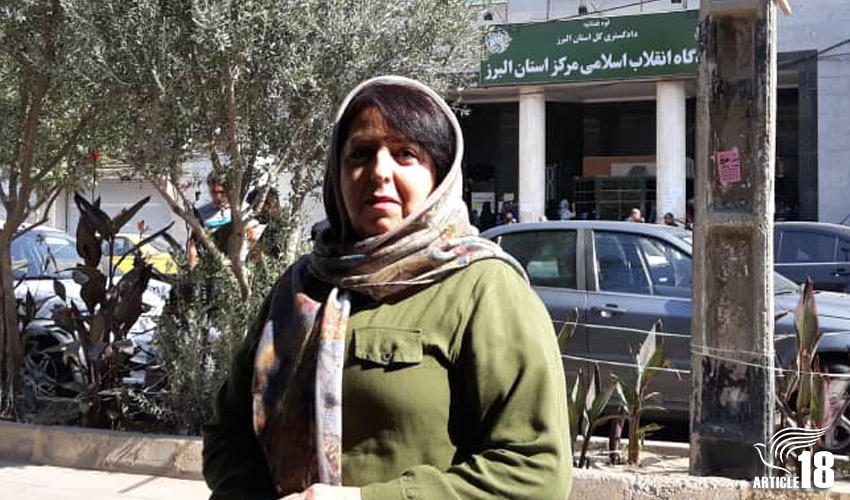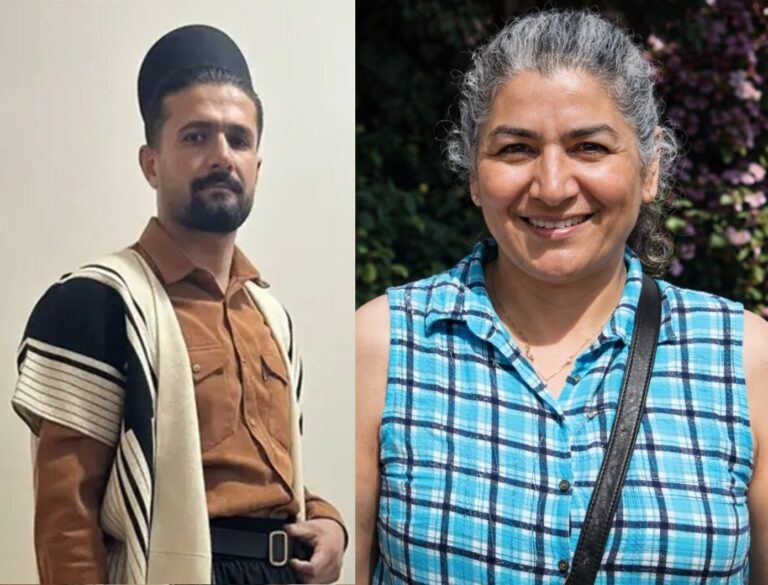
A 64-year-old Christian woman who has already served one prison sentence for “propaganda against the regime” has been summoned to answer the same charge again.
Rokhsareh (Mahrokh) Ghanbari, who served four months of her one-year sentence before her release in March 2020 at the onset of the Covid-19 pandemic, has been told she must appear before the local prosecutor in Karaj by 19 January.
While the basis for the fresh charge against the Christian convert are as yet unknown, a family friend of Mahrokh’s told Article18 she is especially concerned at the prospect of spending more time in prison because of the fragile health of her husband, Fathalli, who is 71 years old.
Mahrokh is her husband’s primary carer and during her previous imprisonment was once found unconscious having not eaten for two days.
The family friend added that Mahrokh is still recovering from the trauma of her imprisonment, numerous interrogations and other mistreatment at the hands of the Iranian intelligence agents who first brought charges against her – and only, as she put it, “for the crime of believing in Jesus Christ”.
Following her imprisonment, Mahrokh was forced to attend “re-education” classes with an Islamic cleric for several weeks, and made to read Islamic books on which she was later tested.
She was also told she must have no further contact with any Christians, while Iranian-Assyrian friends of hers – an ethnic minority recognised as “Christian” by the Islamic Republic – were told they could no longer spend time with her.
The initial case against Mahrokh garnered international attention when the former US Vice President, Mike Pence, named her in a series of tweets about Iran’s failure to provide religious freedom to its citizens.
Mr Pence said he was “appalled” Mahrokh was being jailed “for exercising her freedom to worship”.
He added that the “persecution” of people like Mahrokh and Iranian-Assyrian pastor Victor Bet-Tamraz were “an affront to religious freedom”.



0 Comments
Trackbacks/Pingbacks